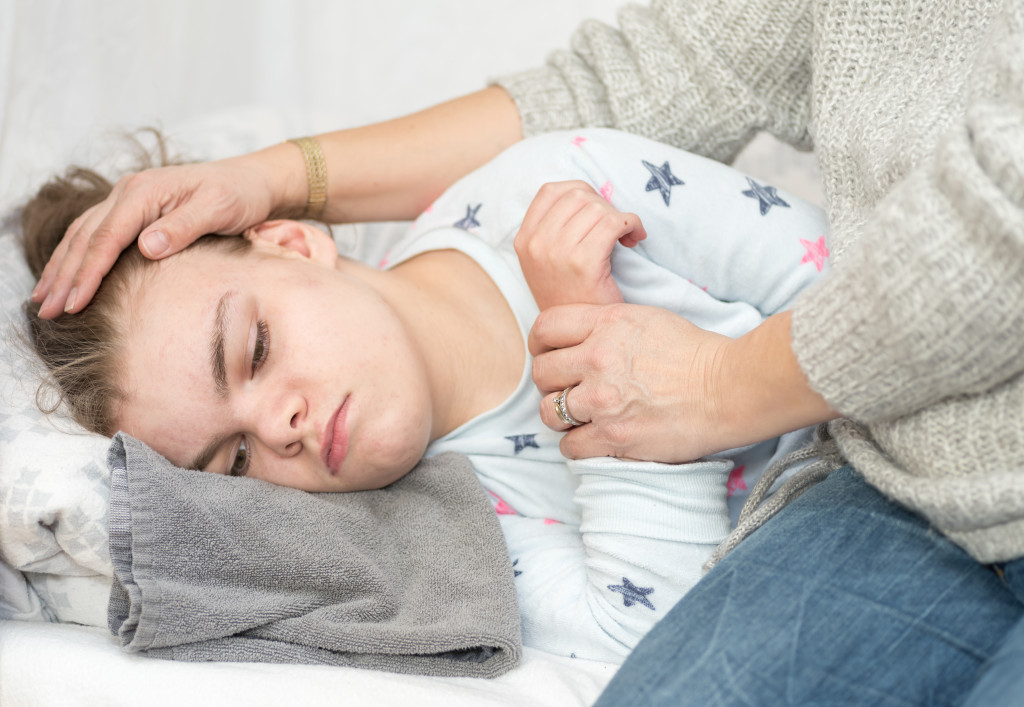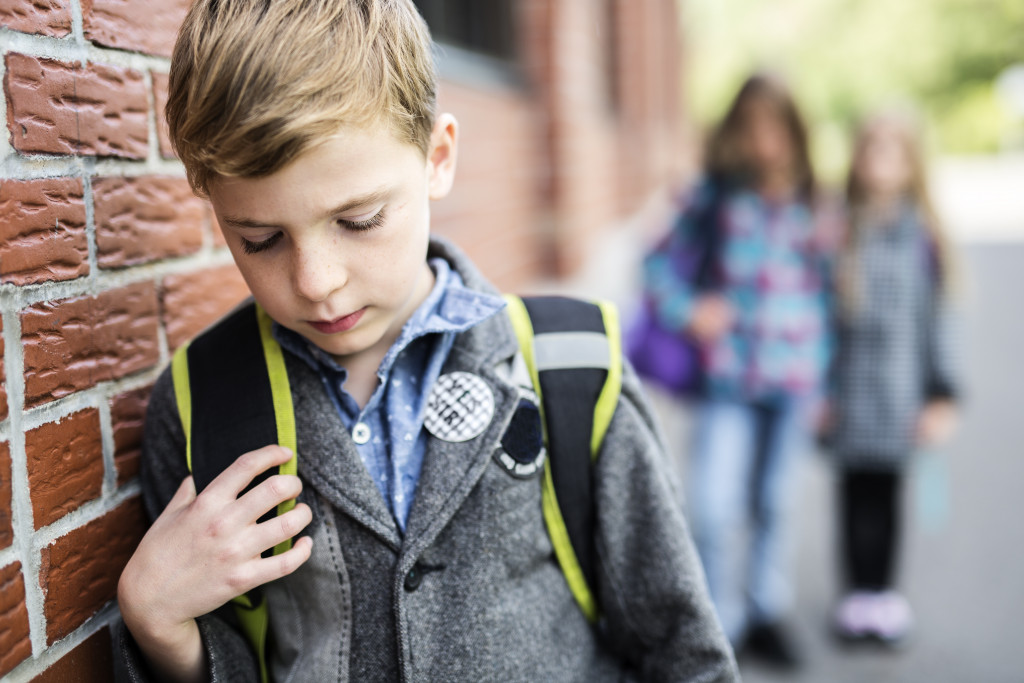Disclaimer: The Lifestyle Elf. This site provides fashion and lifestyle content for informational purposes only.
- Bullying can start as early as two to four years old and negatively impacts a child’s education.
- It may lead to emotional and psychological trauma, social withdrawal, decreased self-esteem, and physical symptoms.
- Choosing the right school, creating a supportive home environment, talking to the teacher, and getting professional help are effective ways of dealing with bullying.
- These strategies can help protect a child from the harmful effects of bullying and improve their academic performance.
- With the right resources and support, children can thrive despite bullying.
Bullying is a pervasive and destructive issue affecting millions of children, and its impact can be devastating. It affects many aspects of a child’s life—from academic performance to one’s sense of safety and self-esteem. Bullying can cause physical injuries, often leading to long-term emotional trauma and mental health issues such as depression, anxiety, and post-traumatic stress disorder (PTSD). Here’s how it can affect your child’s education and how you can deal with it.
How Early Does Bullying Start?
Bullying can happen quite early among children. It has been found that it can happen and develop as early as two to four years old. This is when the social dynamics of children can begin to take shape, and they become aware of what it means to be “one up” or “one down” in a group.
How Does Bullying Affect Education?
Bullying can significantly impact a child’s ability to learn in school. It may lead to physical, psychological, and emotional problems. Here’s what you need to know about it.
Emotional and Psychological Trauma
When a child is bullied, they experience a range of negative emotions, such as fear, anxiety, and depression. This emotional and psychological trauma can significantly impact their education. A child constantly worried about being bullied will have difficulty focusing in class, which will inevitably lower their academic performance.

Social Withdrawal
Bullying can also cause children to become socially withdrawn, isolating themselves from their peers. As a result, they’ll miss the opportunity to develop vital social skills such as cooperation, communication, and empathy, which are essential for future academic success.
Decreased Self-Esteem
Being bullied can cause a child’s self-esteem to plummet. Children who feel bad about themselves are less likely to participate in class discussions and may underestimate their abilities. This lack of self-confidence will hurt their education, and they’ll be less likely to take on new challenges or engage in learning opportunities.
Physical Symptoms
Bullying can sometimes cause physical symptoms such as stomach aches, headaches, and fatigue. These physical symptoms can cause disruptions in the classroom, and the child may struggle to keep up with the academic demands. Furthermore, chronic illnesses can affect the immune system, making it easier for children to miss challenging assignments.
Disruption in Daily Life
When a child is being bullied, it can negatively impact their daily life in so many ways. They may become angrier or more easily upset and struggle with sleep and appetite issues. These disruptions can make it tough for children to cope with stress, and academics may be too much for them.
Ways to Improve Your Child’s Education By Dealing With Bullying
Bullying is a serious issue that should not go ignored. If your child is being bullied, taking the necessary steps to protect them is important. Here are a few ways you can help improve their education by dealing with bullying:

Choose The Right School
Having the right school for your child can determine their future. Choosing a reputable preschool that does its best to reduce bullying development among preschoolers might be an excellent choice. The school you choose should have programs emphasizing anti-bullying behaviors and teach children the skills they need to learn in a safe environment.
Create A Supportive Home Environment
Having a supportive home environment can go a long way in helping your child deal with bullying. Ensure you can listen and talk with them openly about their experiences. Let them know you care and give them the emotional support they need during difficult times. Additionally, create rules at home that promote respectful behavior towards others, as this will help set up boundaries for positive relationships in school.
Talk To Your Child’s Teacher
Talking to your child’s teacher is essential if your child is bullied at school. Express your concerns about the issue and ask what strategies are in place or could be implemented to reduce bullying. Additionally, make sure the teacher is aware of your child’s needs and difficulties so they can better support them in class.
Get Professional Help
If needed, seek professional help for your child. A therapist or counselor can provide guidance and activities to help your child cope with school bullying. They may also be able to offer advice on how you can best support your child during this difficult time.
Bullying is an issue that should not be taken lightly, and it’s important to take steps to protect your child from its harmful effects. Understanding how it affects education, taking action by choosing the right school, creating a supportive home environment, and more. You can help your child to feel safe and keep their academic performance up. With the right resources and support, your child can thrive despite bullying.

